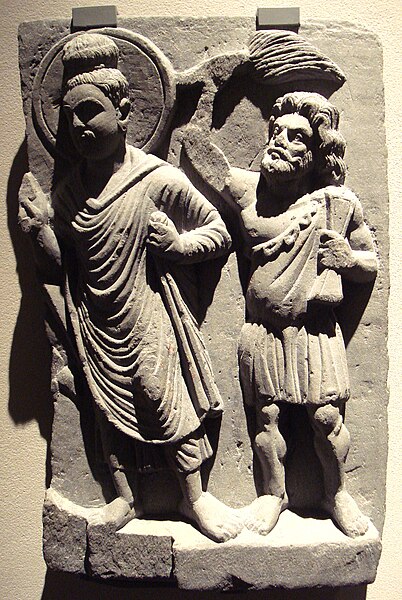I like the African Romance-speaking peoples, the so-called Afro-Roman culture, since going by the archaeology and extant sources it was an integral part of the Roman world. It produced its own unique language and cultural ideas, like the African church and how it approached martyrdom and lapsed Christians. But they are totally obscure and probably the most famous person of their culture, St. Augustine, is rarely put into the context of Roman Africa. It's unfortunate they were defeated, marginalized, and then persecuted into extinction since it would be interesting to see how they'd culturally fuse with the Berbers (more than they already had) and connect with other post-Roman cultures in the Mediterranean.
I don't know a lot about them, certainly not as much a I should, but given that I'm from the PNW, I'm always partial to the idea of a surviving chinook or Haida polity. Neither are really lesser known, since I think everyone knows a bit about their states first inhabitants, but compared to the east coast or great planes, the natives out west do get a lot less attention
The Chinook had the misfortune of being hit first and hardest with the epidemics, including the rarely-discussed malaria epidemic in the 1830s that killed 70-90% of Chinookan-speakers west of the Cascades (and about 90% of the Willamette Valley's natives, and killed natives as far south as the Central Valley in California). They also had been hit hard with the late 18th century smallpox epidemic there. As for a surviving Chinookan (or Haida) polity, you see a lot of discussing about surviving Maori polities even though the Maori and the PNW in the early 19th century had all sorts of parallels.
My favorite lesser-known American Indian group is probably the Yuchi. They speak a language isolate and appear to have a long history in the state I'm from (Tennessee), yet they're rarely mentioned in the context of natives of the state because they mostly migrated out of the boundaries of modern TN by the 18th century and probably also because they played a minimal role in the famous Indian Wars against the Five Civilized Tribes (especially the Cherokee). But it seems likely they played a huge role in the Mississippian cultures of Tennessee (and parts of Kentucky) which makes them even more enigmatically fascinating given the collapse of Mississippian culture.
I'd also add the Athabaskans, since they're spread so widely across North America and spread relatively recently, and also because of their links to Siberia since they have cultural elements that appear to originate from the same source as the Tungusic peoples as well as the Turks and Mongols (the proto-Yeniseians). If there ever was a group that could've been the Indo-Europeans or Bantu of North America, it was them.
The entire spectrum of Polish history also deserves more attention I think. Despite being one of the more influential European states, with a rich history, art, written tradition, and culture everyone just kinda knows Poland from the WWII memes and maybe the Polish-Lithuanian Commonwealth, which also deserves more attention, as does Lithuania.
There aren't enough "successful PLC" TLs or maps IMO.


